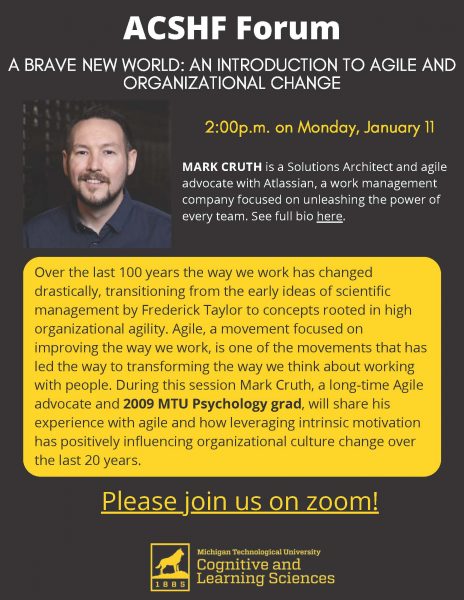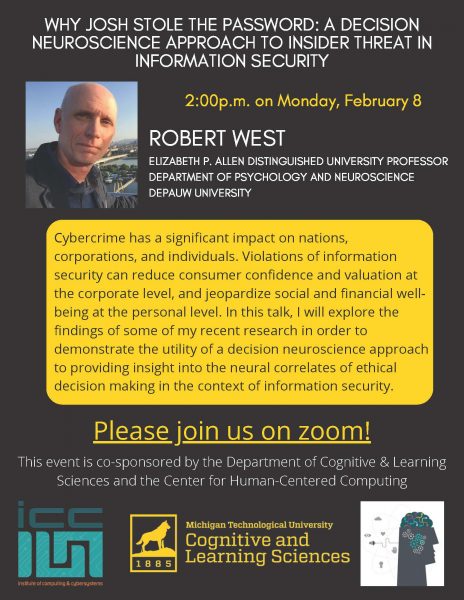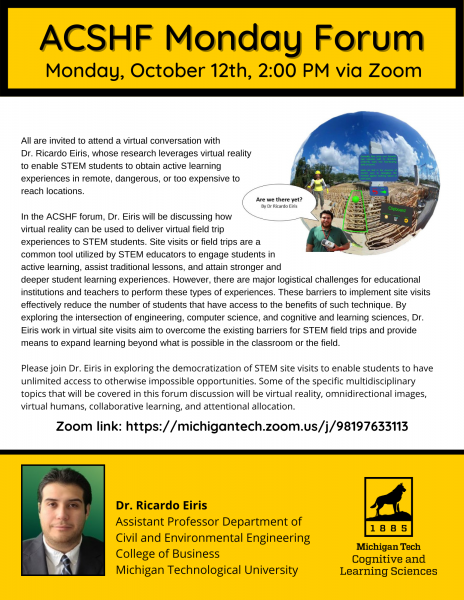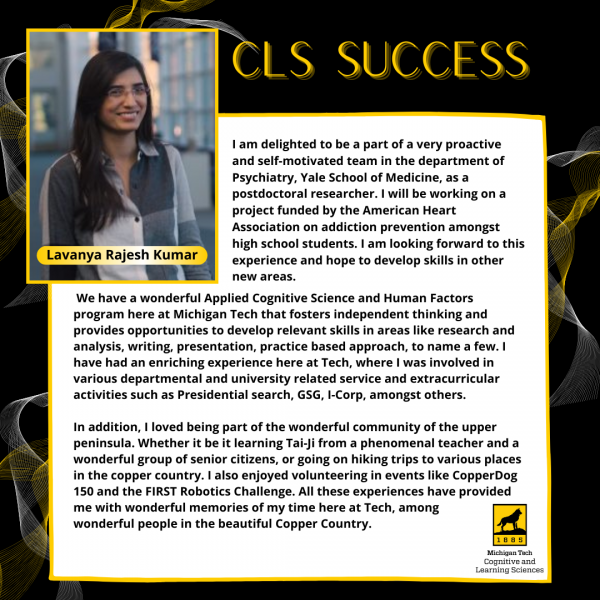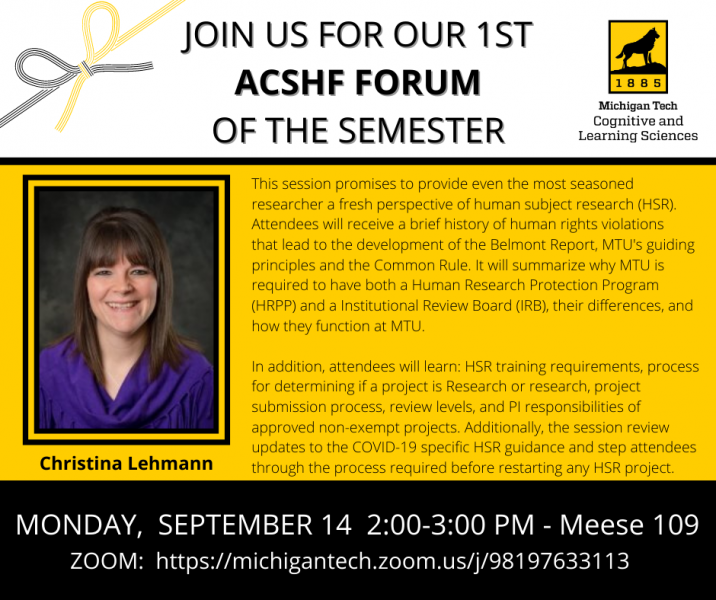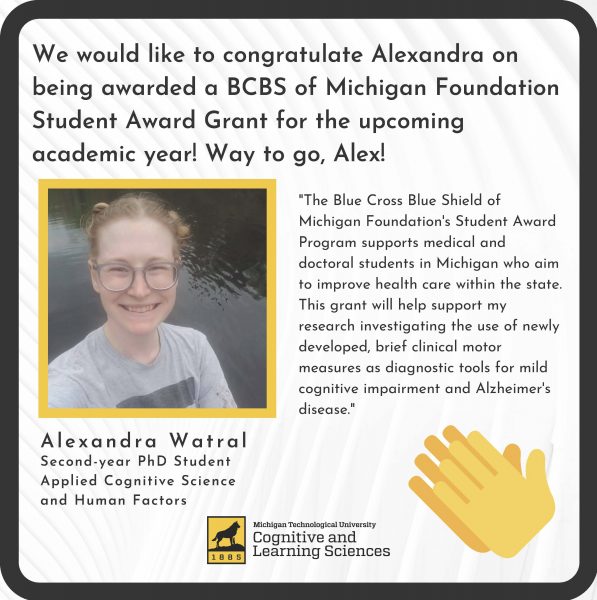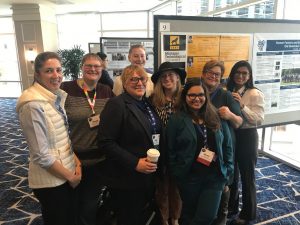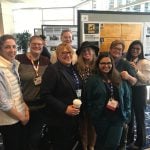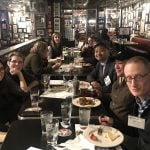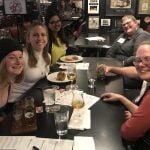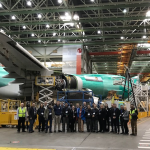
Dr. Kelly Steelman (CLS) is the Principal Investigator of a newly funded project titled “EAGER: SAI: Illuminated Devices: A Sociotechnical Approach to Empowering Digital Citizens and Strengthening Digital Infrastructure.” The National Science Foundation (NSF) is awarding a research and development grant of $299,617.
Michigan Tech faculty members Dr. Briana Bettin and Dr. Leo Ureel, who have joint appointments in CLS and CS, and Dr. Charles Wallace, who is affiliated with CLS, are named as Co-Principal Investigators.
Find the project’s abstract and additional information on the NSF’s website here.
